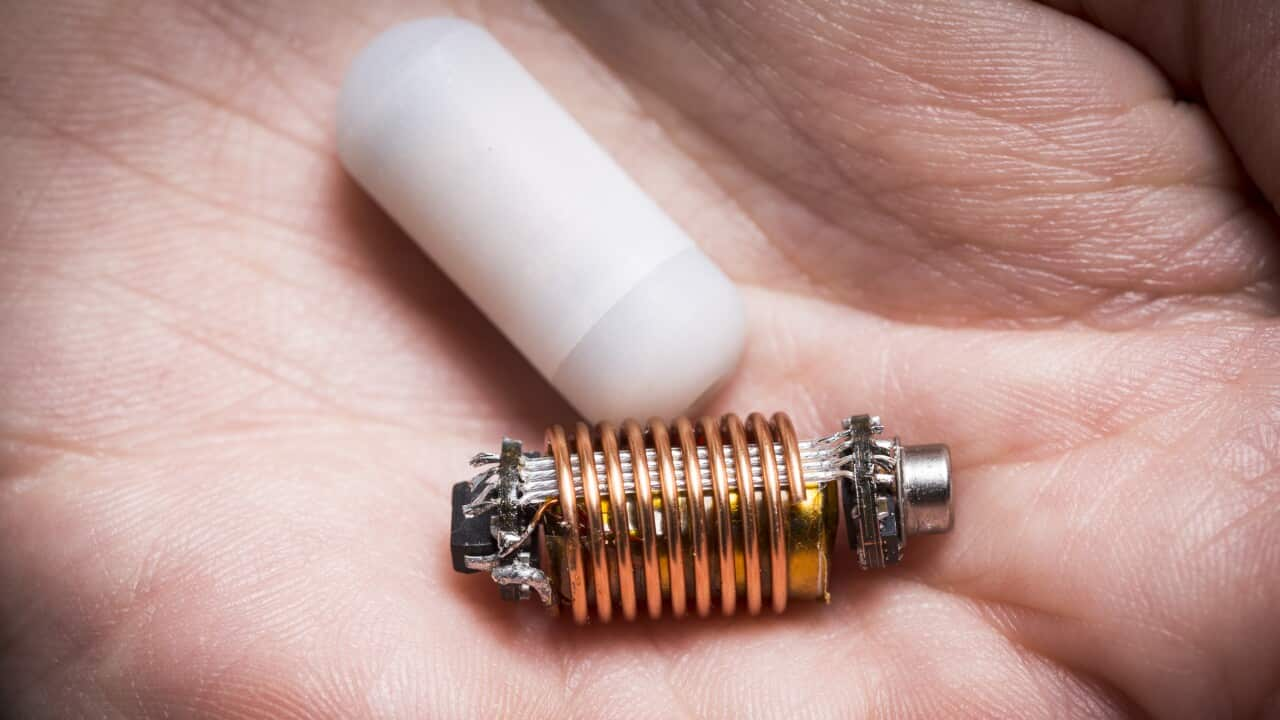If you’re obese, it’s incredibly likely that you’ll have double the amount of serotonin in your gut, according to a world-first released this week.
But this is not a good thing. Although serotonin is often nicknamed, ‘the happy hormone’, as brain serotonin can positively influence our mood, gut serotonin is a different matter entirely.
explains that gut serotonin is bad for our metabolism, as it increases our blood glucose levels and fat mass, thus endangering us of developing diabetes and obesity.
But more than 90 per cent of serotonin is made in our gut, which cannot enter the brain to affect mood.
“It’s important to understand there’s two pools of serotonin in our body,” says Prof Keating from and the South Australian Health and Medical Research Institute ().
“The serotonin in our brain is the happy hormone and is the target of many antidepressants like Prozac. But more than 90 per cent of serotonin is made in our gut, which cannot enter the brain to affect mood.”
This study, led by Flinders University, is the first to show that high levels of gut serotonin can negatively impact our health and can potentially make us obese.
“Our gut wall is lined by a protective layer of cells similar to skin cells,” explains Prof Keating.
“But scattered amongst these exists a variety of hormone-producing cells that play important roles in controlling our metabolism, fat mass, and even telling our brain when to stop or start eating.
“…We know from a raft of recent high profile publications that gut-derived serotonin causes diabetes and obesity, but we didn’t know if this was relevant to such disorders in humans. Our findings are the first work implicating serotonin as a driver of worsening obesity in humans.”
Our findings are the first work implicating serotonin as a driver of worsening obesity in humans.
Senior Research Fellow, Associate Professor Richard Young, says these findings also indicate that obese humans secrete excess serotonin from the upper gut at rest, as well as during a meal.
“This has revealed new ways that we may be able to control the release of serotonin from within the gut, and in turn, further improve the outlook for people living with obesity,” says senior co-author on the paper Associate Professor Young.
The scientists behind the study say the next step is to conduct more research into what causes serotonin to be so high in obese individuals.
“We need to understand ‘what is it that is driving up the serotonin?” says Prof Keating. “Is it a person’s diet? Are there foods that amplify the gut serotonin?”
This has revealed new ways that we may be able to control the release of serotonin from within the gut, and in turn, further improve the outlook for people living with obesity.
Once scientists understand the cause – not just the effect – of high serotonin, treatments may be developed to control weight gain.
“One of the big things we are looking at in relation to gut serotonin production is the gut microbiome. We don’t know if the microbiome is the link between our diet and gut serotonin but we do know that if you put rats on a high-fat Western diet, you get a similar increase in gut serotonin.”
Genetics, our current environment or lifestyle factors may also be influencing our serotonin levels, causing it to heighten, resulting in weight gain or obesity. “There might be a myriad of things going on to cause serotonin to be so high. But to be honest, there are so many fad diets out there, and probiotics and prebiotics on the shelf at the chemist. If you look at all those things [knowing what science tells us today], those products may be there because someone is trying to sell you something.”
“There might be a myriad of things going on to cause serotonin to be so high. But to be honest, there are so many fad diets out there, and probiotics and prebiotics on the shelf at the chemist. If you look at all those things [knowing what science tells us today], those products may be there because someone is trying to sell you something.”

Small finger-like projections that extend into the lumen of the small intestine: gut microbiome. (Photo: Getty) Source: iStockphoto/Getty Images
Until scientists discover a potential ‘cure’ for obesity or pinpoint the reason why serotonin is much higher in obese patients compared to people who aren’t obese, the health advice is simple.
“The basic message about weight gain and obesity hasn’t changed in 50 years. It’s still the basic, boring message. We all need to modify our diet so we are eating a healthy, balanced diet and have daily activity. It’s really no more exciting that that.”
was also involved in the research, as well as









